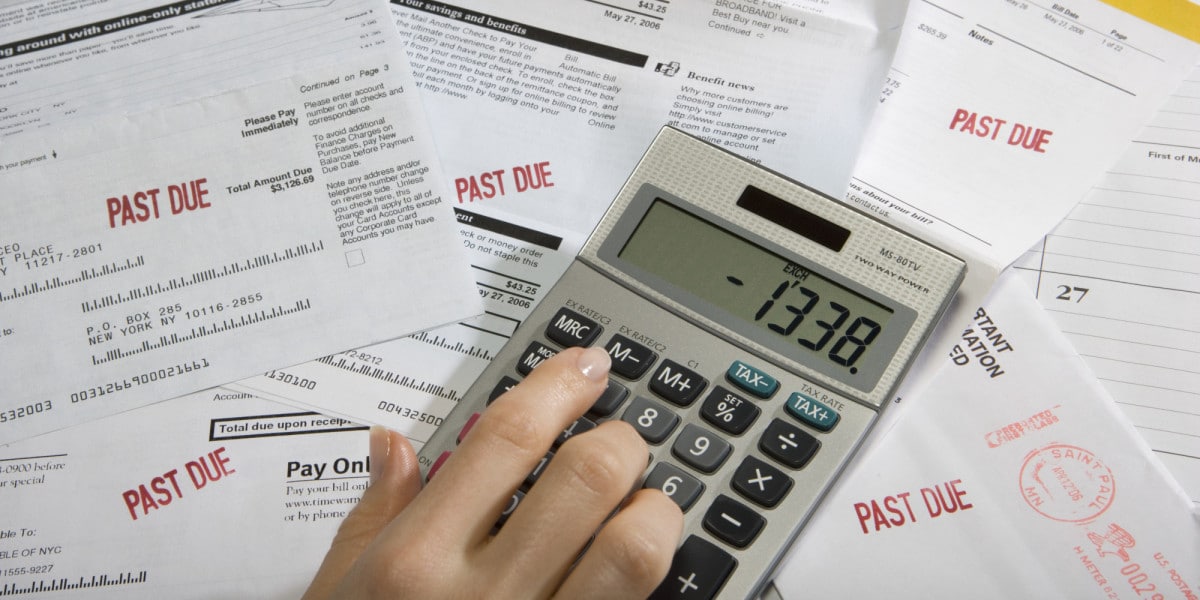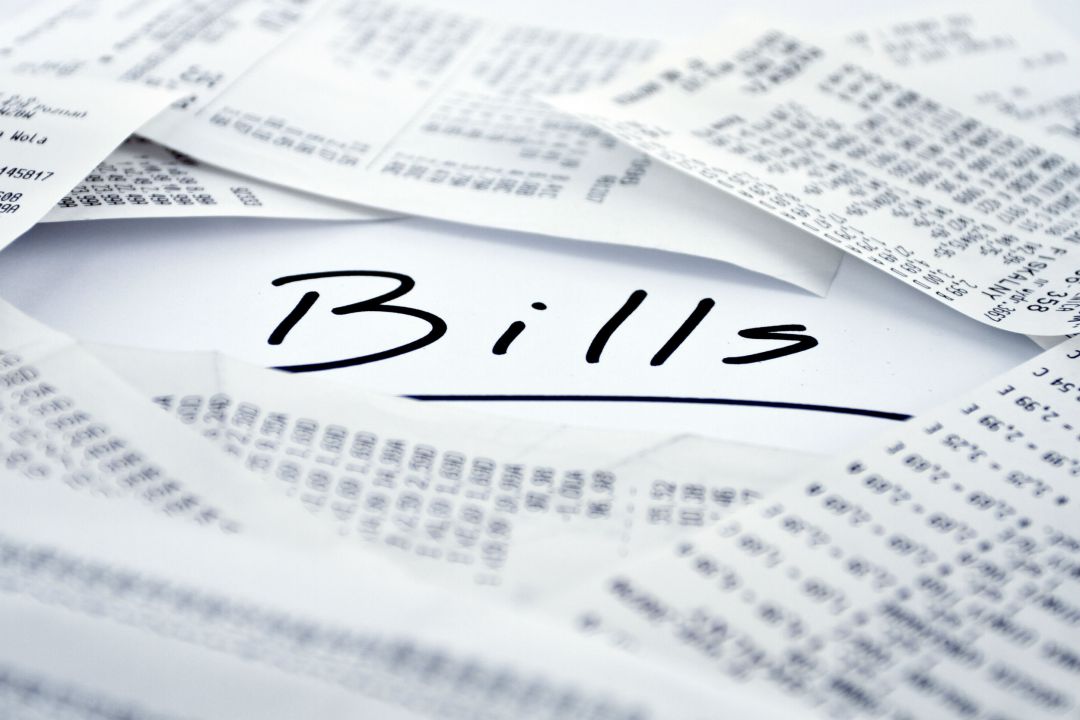Unless you are a high earner you’re always going to want to look at how you can reduce your household bills. And as household bills continue to rise, taking a larger and larger chunk of the budget, it pays to look at what you can do to cut your costs. It’s not that difficult, but you have to be prepared to put some time in, look at how much you are spending and, crucially, why it seems to be so expensive.
IMAGE: THE CHIVE
Organize Your Energy Requirements
You’ll have lots of appliances that can eat up your cash and you’ll get some pointers on the greediest below. Meanwhile, there are some simple things you can do that will make an immediate difference to your bills.
- Light bulbs: it’s surprising how much money you can save every year by updating your light bulbs. It may not be a fortune but if you replace your current bulbs with LEDs you’ll be getting bulbs that are around four times more energy efficient and will last for several years. Also examine the bulbs that are most used and make sure those are LEDs or, alternatively, CFLs if you don’t want to replace everything.
- Unplug devices: many devices in the homestay plugged in when not used and they draw a little electricity all the time, known as a phantom charge. Anything you don’t use regularly can be unplugged and will save you paying for the electricity you’re not using.
- Put in a programmable thermostat: it’s one of the simplest ways to reduce your energy bills. You can use it to program both your heating and cooling requirements and it lets you change how warm or cool your home is when you’re not there. You can set it to cool or warm your home before you get back from work, adjust temperatures and also have a holiday setting where you can have an intermittent heating or cooling program while you are away.
- Cut down your hot water temperature: you don’t need your water to be piping hot all the time and it can be a major energy drain if you keep the temperature high. Drop it down to around 125-130 degrees F so you’re not burning energy that you don’t need to. Try out a water heater blanket as well so heat is kept in and ensure any exposed hot water pipes are insulated for extra savings.
- Reduce the drafts: a lot of heat is lost through drafts in winter and cool air too in summer. Check every room for drafts and then examine effective ways to seal any leakages. It’s amazing how much less energy you need to use when your home is efficiently made as airtight as possible. Always make sure that there is adequate ventilation in place.
- Use timers: you don’t need electrical items on all the time, so use timers to switch things on and off according to when you want to use them, especially to block the phantom charge that many of these devices use.
Initially, you may not see a major difference in your energy bills but keep checking against what you were spending previously, and you’ll soon see you’re making a difference.
Examine Your Tariff
Tariffs are a minefield because it can be incredibly difficult to work out what’s best for your circumstances. If there’s just two of you, then you can probably go for a tariff that best suits your potential usage, but if you have a family then you may find that you need to fix your energy costs rather than have them as a variable.
Having a fixed tariff for a particular time will enable you to know exactly what the costs per Kilowatt-hour – the way electricity is charged – will be so you can keep an eye on the appliances and devices you use and over a few months get a good picture of what your charges are likely to be. The upside is that if there are price increases, they won’t be passed on to you during your fixed rate period; the downside is that if prices fall you won’t benefit from a cost reduction.
A variable tariff means your charges will rise or fall by whatever increase or decrease your energy company decides to impose, so you need to consider your budget and usage carefully.
Appliance Costs
You’ll have many appliances that you use, and some are more expensive to run than others. Before looking at that, bear in mind that when appliances need repair or replacement, you should have a plan in place to defray the costs. If your boiler breaks down how are you going to pay for it?
That is where home warranty companies come in, the definition of a home warranty being that it’s a protection plan that gives coverage for common home repairs. You pay an annual fee for financial security if there are unexpected problems with your home systems and appliances and a warranty can give you peace of mind knowing that the bill for any repairs will not be your responsibility.
Regarding the cost of running your appliances, the most expensive per hour will be your heat pump and central air conditioner, so you need to work out how to use them most efficiently. You’ll also find that your water heater and clothes dryer will eat up the money if you use them a lot and a water pump can also rack up the bill.
Consider too your usage of hair dryers, space heaters, and your electric range burner. Cut down on the time you use them where you can, and you’ll make savings.
Lower Your Bills By Working Smart
Everything electrical will cost you money but, as outlined above, there are plenty of ways you can work smart, reduce your consumption and see a real term fall in what you pay out every month. Everyone wants to save money where they can – get focused and make that difference to your household bills.
If you are interested in even more business-related articles and information from us here at Bit Rebels then we have a lot to choose from.


COMMENTS